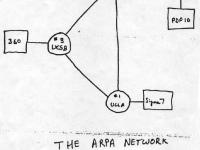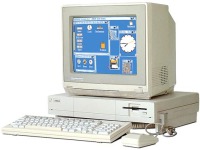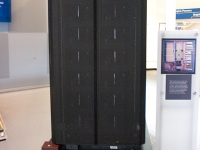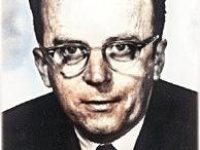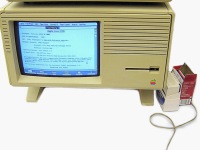The Birth of the Internet
On October 29, 1969, the very first message between two distant computer nodes, from the Network Measurement Center at the UCLA’s School of Engineering and Applied Science and SRI International (SRI) was sent. This is to be considered the birth of the ARPANET, which should become the Internet. Origins of the Internet What was the reason for the development of the Internet? Especially in the 1960s, when computers were absolutely not widespread…
Read more

